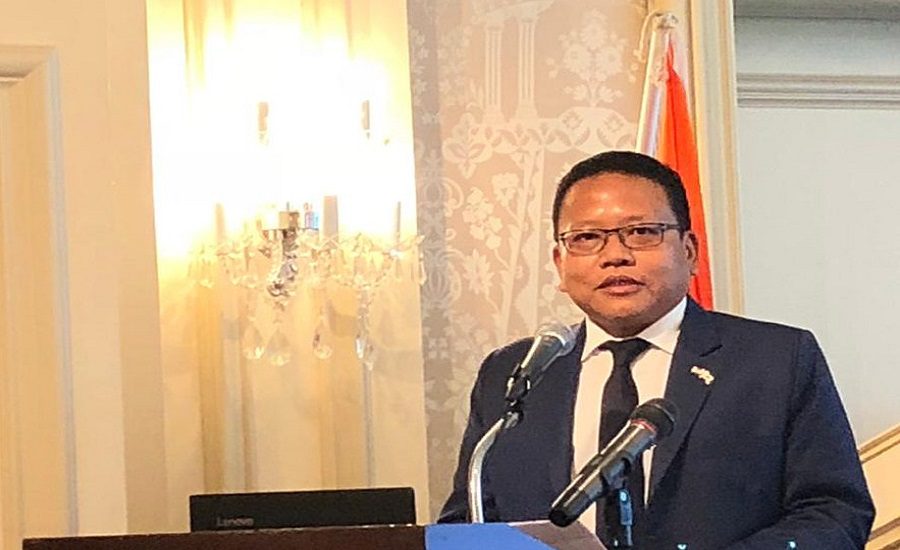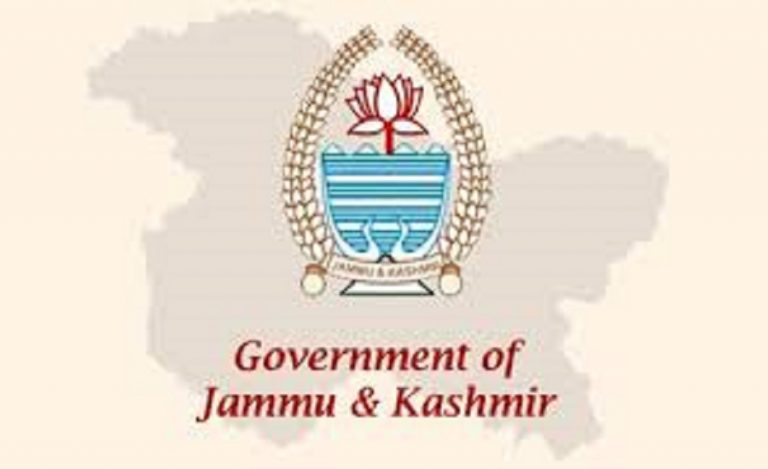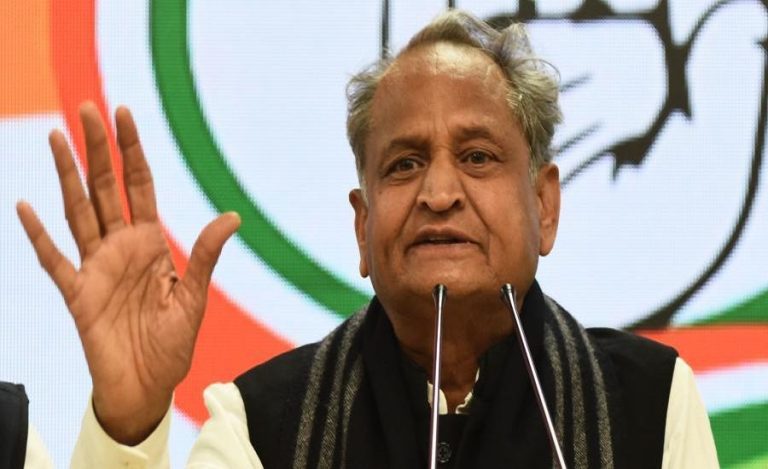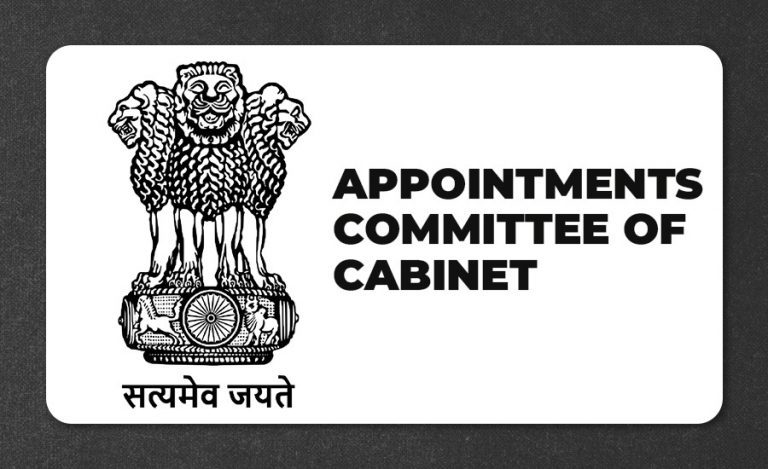New Delhi: T. Armstrong Changsan, India’s Ambassador to Cuba and a 1997-batch Indian Foreign Service (IFS) officer, has become embroiled in a complex legal controversy involving allegations of bigamy. The issue stems from a dispute over the validity of the dissolution of his first marriage, which has now reached the Supreme Court for a resolution.
Background: Two Marriages, One Legal Dispute
Changsan, belonging to the Kuki tribe, first married in 1994 under the Christian Marriage Act, 1872. The couple has a daughter. However, following customary tribal practices, village elders in Assam’s Dima Hasao district dissolved the marriage, and Changsan remarried, fathering another daughter from his second union.
In 2022, the Gauhati High Court ruled that the dissolution of his first marriage by village elders was invalid since a marriage solemnized under the Christian Marriage Act can only be dissolved through legal court proceedings as per the Divorce Act, 1869.
Supreme Court’s Involvement and Attempts at Mediation
Following the High Court’s verdict, which implied that Changsan was legally married to two women simultaneously, the IFS officer approached the Supreme Court. A Bench led by Justice Surya Kant last week made efforts to mediate between the parties, though those efforts ultimately failed.
The Supreme Court noted the long-standing nature of the second marriage, which has lasted nearly 15 years, while reiterating that the High Court’s decision was legally sound.
The First Wife’s Plea and Court’s Response
The first wife appealed to the Supreme Court, seeking protection for her “honour and dignity.” She claimed to have single-handedly raised their 29-year-old daughter and accused Changsan of manipulating the child.
Senior counsel Menaka Guruswamy, representing Changsan, argued that he has been providing financial support for his daughter residing in Bengaluru and had arranged a residence and monthly maintenance for the first wife.
Justice Kant’s Bench expressed empathy for the first wife’s social and mental hardships but urged her to consider moving forward with her life.
Directions for Settlement and the Role of the Daughter
Recognizing the daughter’s pivotal role in any resolution, the Supreme Court directed Changsan to facilitate her visit to Bengaluru by arranging her flight, providing Rs 3 lakh for expenses, and arranging her stay.
The court’s intervention aims to balance the legal, social, and personal complexities of this unique case, seeking a fair and dignified solution for all involved parties.
Read Also: India-Kuwait Ties Deepen: Ambassador Adarsh Swaika Meets Kuwaiti PM to Advance Strategic Goals
What’s Next?
The Supreme Court’s continued involvement suggests the case remains unresolved, with further hearings expected to determine the final course of action in this sensitive family and legal matter.




























